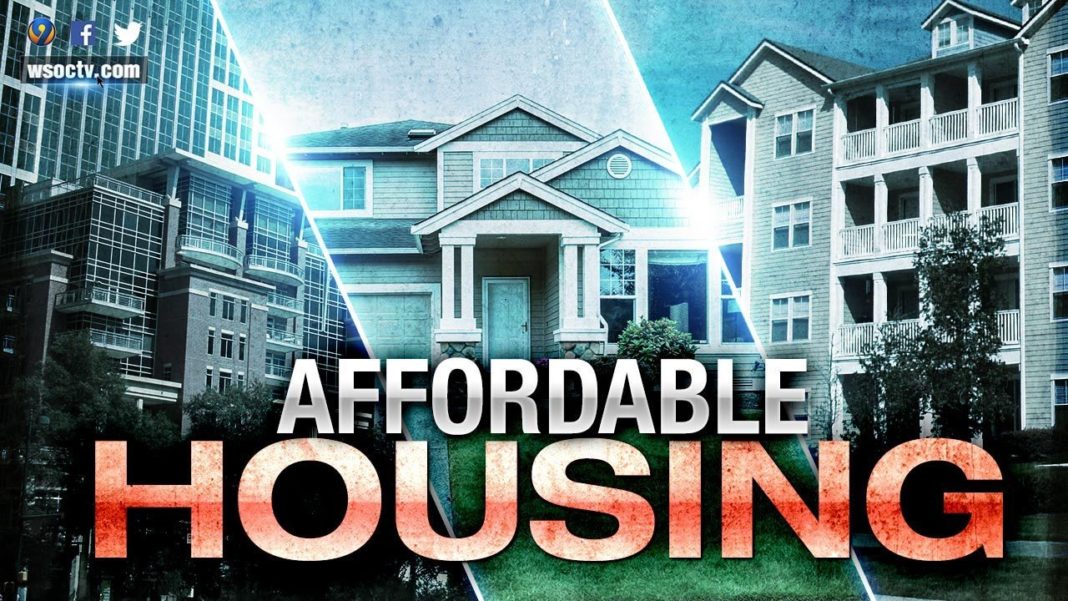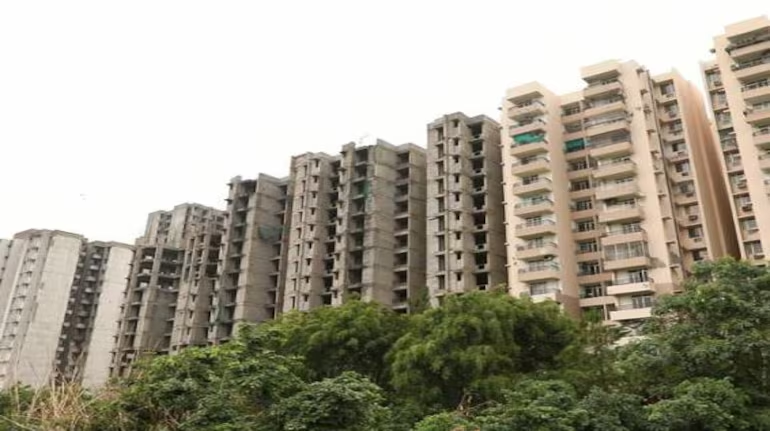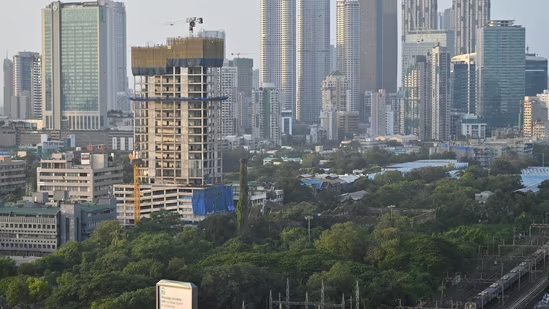Guest Column
Interim Budget 2019 – Affordable Housing Gains Amidst High Electoral Pitch


Anuj Puri, Chairman – ANAROCK Property Consultants
The interim budget was more or less a vote bank-facing exercise – an electoral pitch that drew attention to past achievements. Vote-bank directed announcements included benefits to 12-crore small farmers via credit of INR 6k/year directly into their bank accounts, and also to 10 crore labourers by way of direct pension bonanza.
Direct and indirect positives for the real estate sector:
- Boost to Affordable Homes: People earning up to 5 lakhs will get a full tax rebate. However, if one invests in specified Government saving schemes then the tax exemption extends to Rs. 6.5 lakhs. This can have good implications for affordable housing, but not really on the mid-income housing.
- The Government also extended the benefit of tax exemption for developers by 1 more year, up to 2020 now. This, too, will give a push to the affordable housing segment.
- Electricity for all by 2019 could have positive implications by making more far-flung areas liveable and therefore more viable for affordable housing.
- The standard deduction for the salaried class was raised from Rs. 40,000 to Rs. 50,000, which definitely implies some increase in disposable income.
- There was a decisive push to the second home market via exemption of notional rent on second self-occupied homes. This could boost the second home market to some extent.
- Unsold Inventory Benefits: The period for taxing unsold inventory has been extended up to two years. This is a welcome move and will benefit the housing sector, as currently there are more than 6.73 lakh unsold units across the top 7 cities.
- Boost to Investors: There will now be no tax on house rents up to Rs. 2.4 lakh from the previous limit of Rs. 1.8 lakh. This can attract more investors to buy second homes for earning rental income.
- The rollover of capital gains tax on the sale of houses has been increased from 1 to 2 houses. This is a good move to incentivize genuine homebuyers and investors to buy new properties.
- Infra push: Infrastructure was given a major push by increasing spending in airports, railways etc. This indirectly benefits the real estate sector, but much depends on actual implementation. There has been a huge gap between allocations and actual disbursements towards projects so far. On a direct positive, it will increase the demand for logistics and warehousing.
- There was a significant boost to rural development by the sanctioning of Rs. 19000 crore for this fiscal. As per the Government, construction of rural roads tripled in 5 years, and if the momentum is maintained, then the increased connectivity will definitely help the real estate sector.
On the Downside:
- There was no major tax relief to the ‘real’ middle-class.
- No announcements were made with regards to clearing the NBFC deadlock which continues to hold the real estate sector to ransom.
- Industry status for the real estate sector, while not really expected, was ignored again.
- There were promises of reduction on GST burden on homebuyers, but no announcement of actual relief
- To bail itself out from the issue of job creation deficit in the country, this budget could have given a far more decisive impetus to real estate sector – one of the largest creators of jobs. Alternately, it could have created a stress-asset fund to bail out distressed homebuyers.
All in all, this was a balanced budget for real estate, even though it was clearly configured as a crowd-pleasing electoral pitch with a cursory nod towards the ongoing challenges in the economy.
For the housing sector to regain significant momentum, the real need is to woo back the long-term investors who exited the residential market. One possible way was to re-introduce the home loan benefit on second homes. The Government’s move on this front is certainly welcome.
In mature markets, long-term investors keep the equity flow intact, and Indian real estate needs to have equity inflow rather than relying on debt. Equity can come through long-term investors and private equity or institutional players.
Definitely, no single Union Budget has ever actually come to the rescue of the real estate industry. Any incumbent Government perpetually walks a perpetual tightrope stretched between the expectations of various industries and compelling economic prerogatives. Also, there are always areas for which there are no quick fixes possible at all.
-



 News3 weeks ago
News3 weeks agoKW Delhi 6 Mall Onboards New Brands
-



 News4 weeks ago
News4 weeks agoManasum Senior Living Launches IKIGAI GOA, A Senior Living Community in North Goa, in collaboration with Prescon Homes
-



 News2 weeks ago
News2 weeks agoGodrej Properties Sells Rs 3k cr+ Homes of Godrej Zenith, Gurugram, within 3 days
-



 News4 weeks ago
News4 weeks agoBridging India Divide: Top 5 Tier- 2 Cities to Focus On
-



 News3 weeks ago
News3 weeks agoCommercial Realty Gets Tech Savvy: Fast Construction, Enhanced Convenience
-



 News4 weeks ago
News4 weeks agoMultipoint Connection – A Definite Boon
-





 News3 weeks ago
News3 weeks agoRBI’s Status Quo on Key Policy Rates to Help Maintain the Real Estate Growth Momentum, Say Industry Stalwarts
-



 News1 week ago
News1 week agoOlive Announces Dhruv Kalro as Co-Founder
























